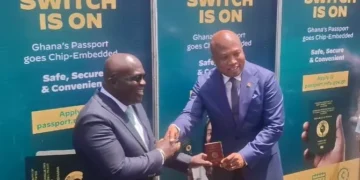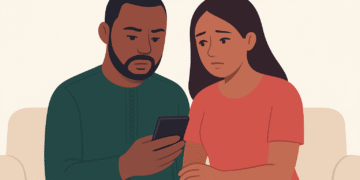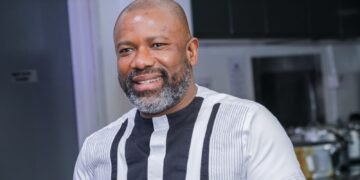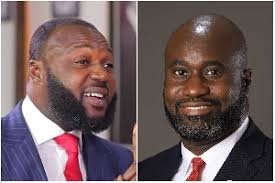By: Nana Osei- Ababio

In an era where public perception often outruns truth, Dr. John Apea’s bold assertion that “Ato Essien did not steal any money” is not only a personal defense of a colleague in my opinion, it is a principled stance that challenges the very architecture of Ghana’s socio-political dialogue. It is a voice of restraint in a time of public frenzy. And I stand with him.
Dr. Apea’s intervention on Adom FM last week was more than a soundbite, it was a masterclass in what responsible citizenship and leadership should look like in our current climate. At its core was a call to respect due process, uphold ethical standards, and resist the temptation to weaponize public opinion. In a country that often tries its accused in the court of social media long before the facts emerge, this message could not be more timely.
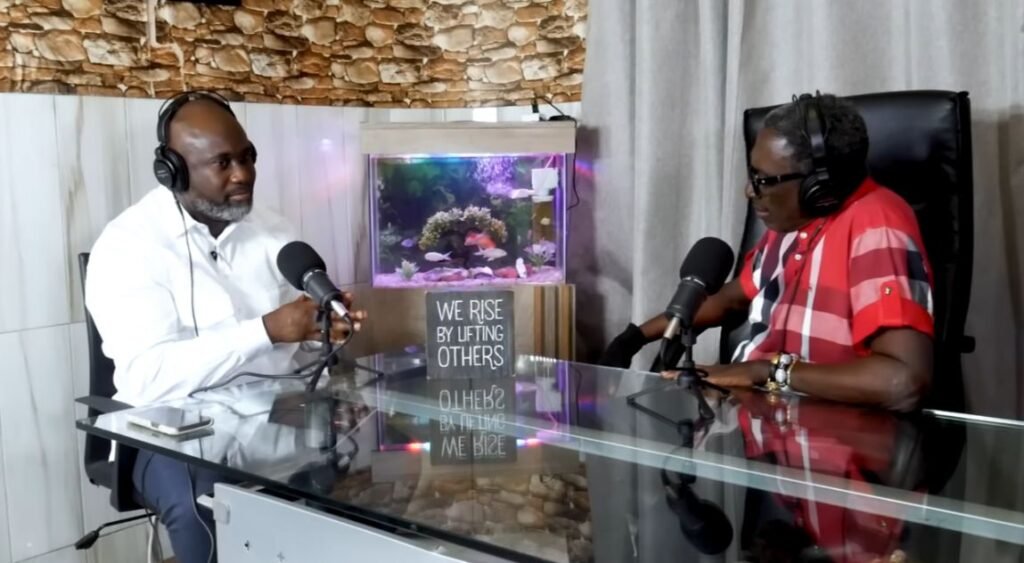
The Moral Cost of a “Guilty-Until-Proven-Innocent” Culture
Too often in Ghana, we allow narratives to take root without scrutiny. Sensational headlines and viral soundbites have become substitutes for court verdicts. The media, civil society, and even state actors sometimes participate in this rush to judgment. In that context, Dr. Apea’s position is radical, not because it is provocative, but because it calls us back to principle.
Let’s be clear: supporting due process is not the same as defending wrongdoing. It is an affirmation that truth must be tested, not assumed. It is about ensuring that justice is not only done, but seen to be done without the stain of public prejudice.
Defending a Reputation is Not a Crime
In defending Ato Essien, Dr. Apea is not simply protecting a friend or business leader, he is defending the principle that reputation matters, and that it should not be sacrificed on the altar of political convenience or media sensationalism. Ghana needs a generation of ethical entrepreneurs, and we will not raise them in a system that discards its own at the slightest whiff of scandal.
What we often forget is that scandal sells, but it doesn’t always build. And if we continue to destroy reputations based on partial stories or politicized commentary, we are only sowing seeds of fear among the very innovators we claim to be nurturing.
Accountability Must Be Rooted in Justice, Not Vengeance
Dr. Apea’s comments are a reminder that accountability is not mob justice. It is a measured, lawful process governed by institutions. In a democracy, we do not convict people with microphones or hashtags. We do it through courts, investigations, and open processes. Anything less is not accountability, it is populist revenge disguised as justice.
His insistence that we uphold the dignity of those under investigation until due process has run its course is a message we must amplify. For in protecting others today, we are protecting ourselves tomorrow.
A Ghana Worth Building
If we want to build a nation of fairness, then we must uphold fairness even when it is inconvenient. Dr. Apea’s perspective challenges us to take the high road: to interrogate facts, to ask tough questions, yes but to resist the ease of judgment without truth.
In backing Dr. Apea, I am not saying Ato Essien is above the law. I am saying he deserves the full protection of the law. And if in the end he is found guilty, let the consequences follow. But until then, let us protect his name the same way we would hope others protect ours in moments of trial.
Let us be a society that builds, not burns. That corrects, not cancels. That seeks justice, not noise.


